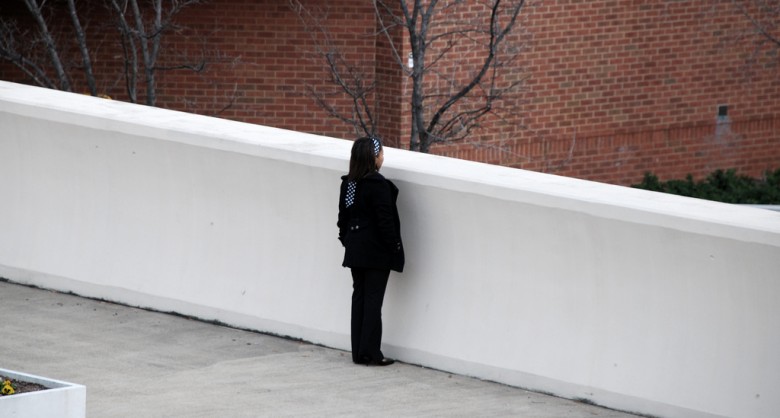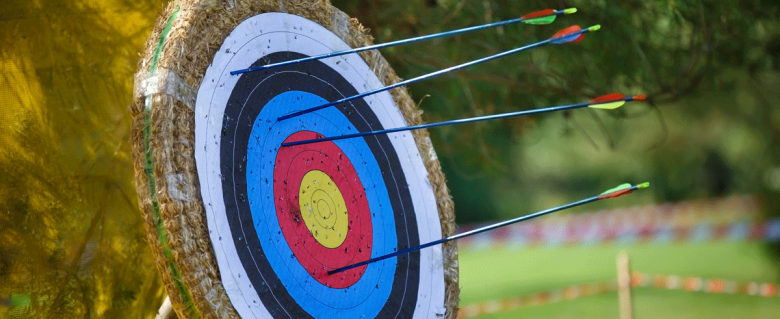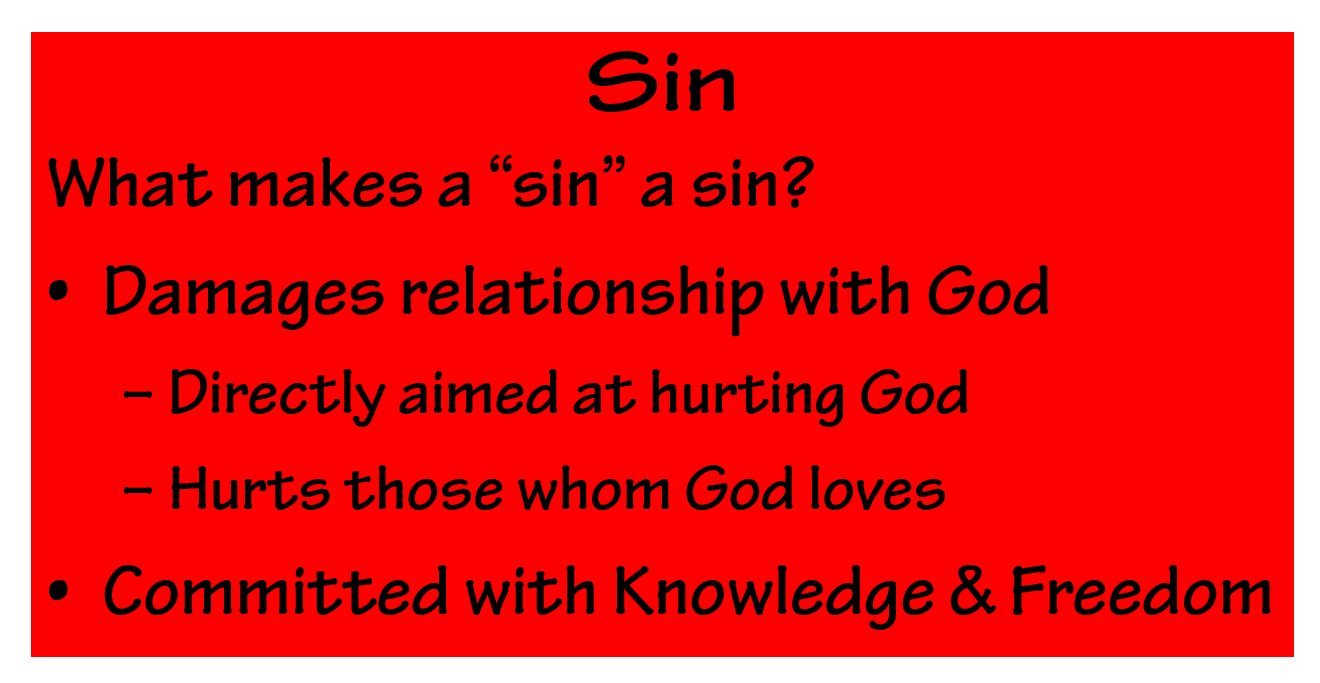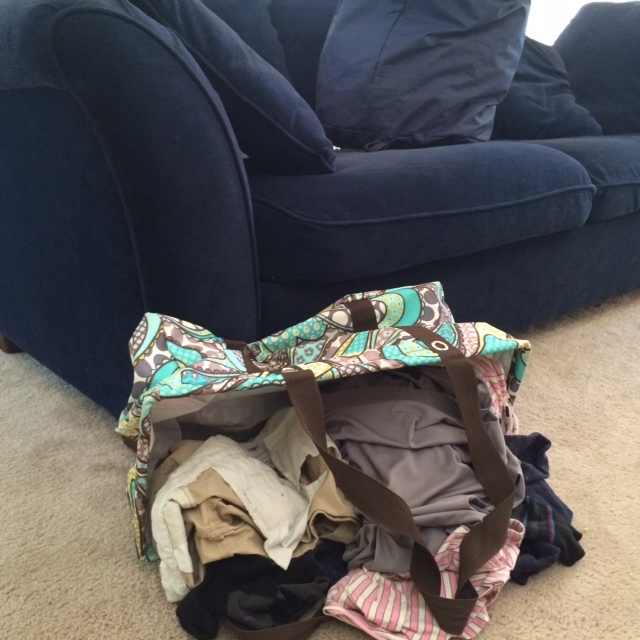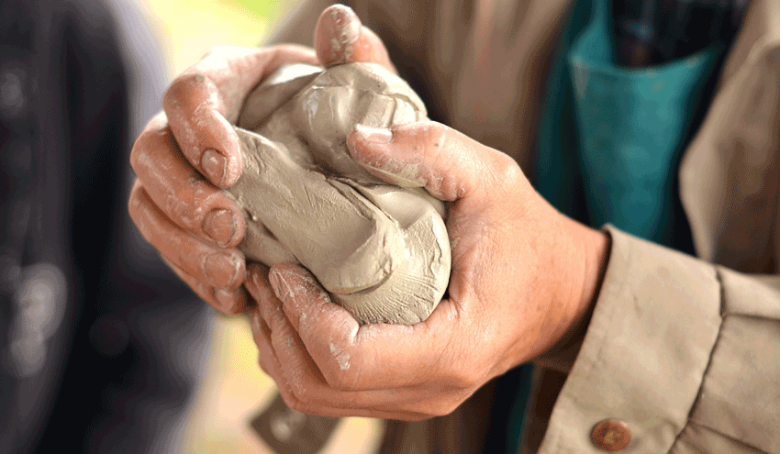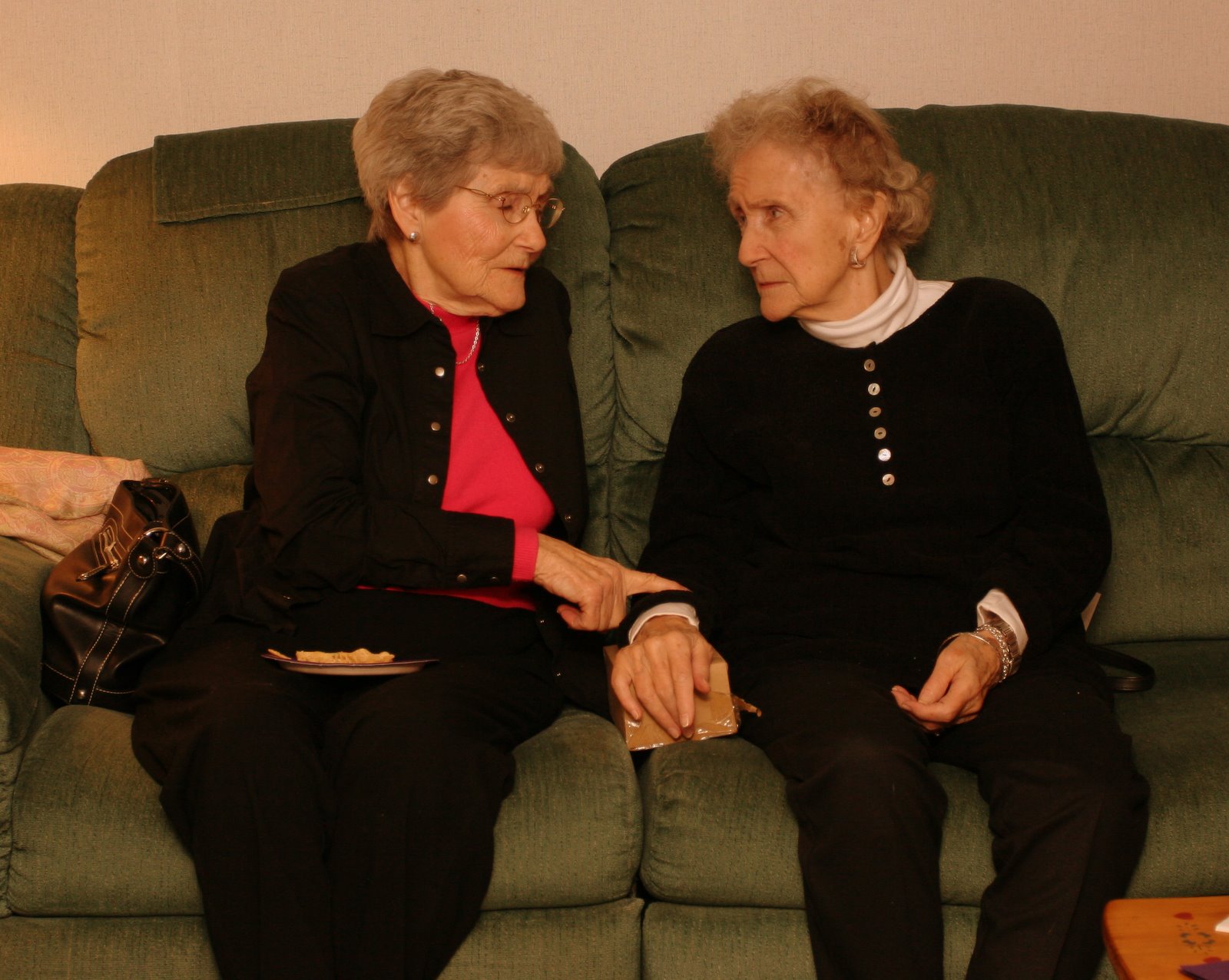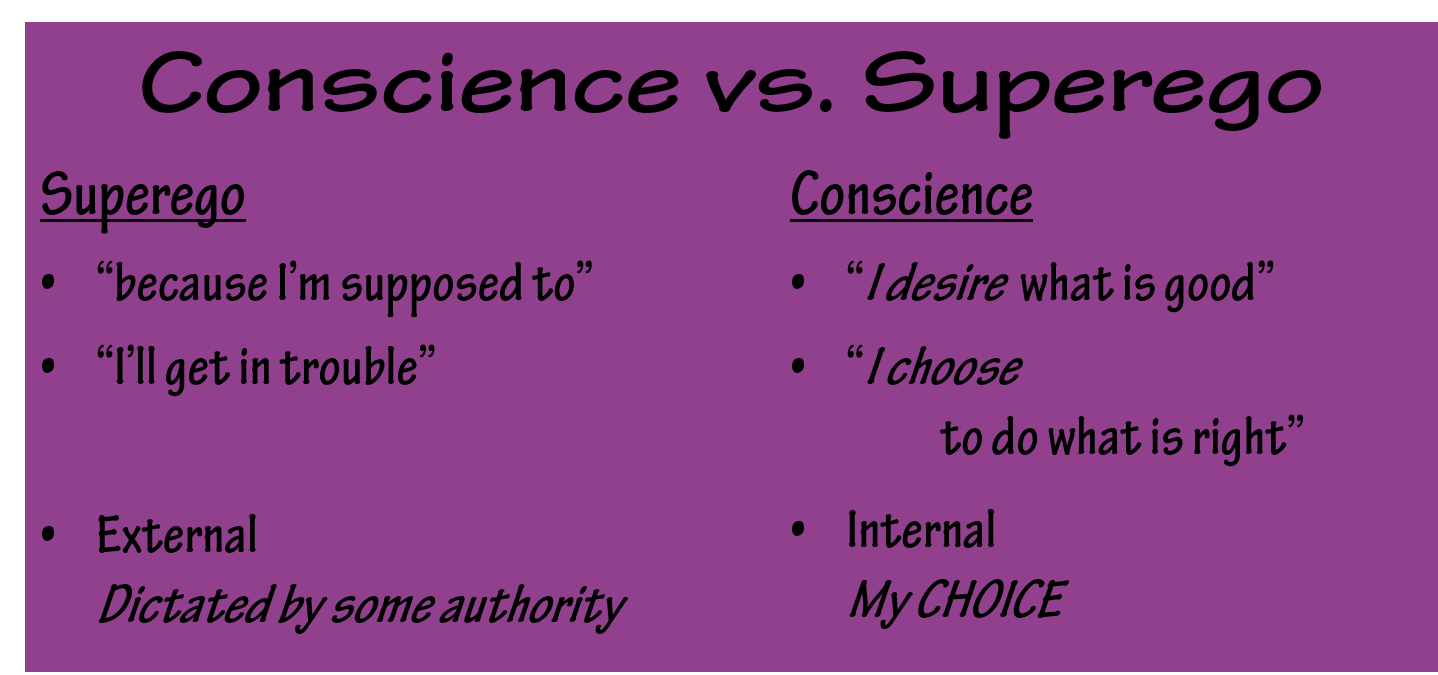Waiting…
I struggle with Waiting. Patience is not my strongest virtue.
I’m not talking about the banalities of waiting in traffic or waiting behind a check-writer in the check-out line of the grocery store.
I’m talking about Waiting to hear news about a job in the midst of unemployment. Waiting for a diagnosis. Waiting for that life-changing email or phone call. Waiting for a response.
Waiting for more information so that you can move beyond the gazillion choose-your-own-adventure style possibilities in your head and actually start doing the “next thing,” whatever that may be.
Most recently, this Waiting sat like a ball of anxiety in the pit of my stomach. My boys got sick while we were visiting my parents in Malaysia.
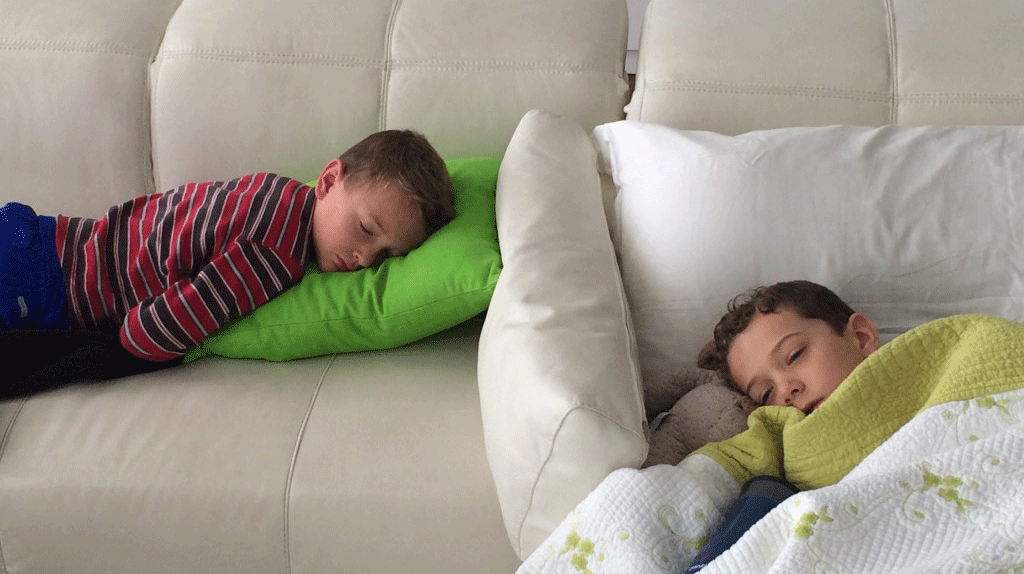
When my younger one gets sick, it’s always been no-energy with a scary-high fever for the first 24 hours. After that first 24-hours, the high fever always breaks and then, I can tell whether it’s worthy of a doctor’s visit or just a passing bug. My older one has a similar cycle, but the high-fever isn’t quite so scary. It was only a 24 hour wait. I have waited longer for other things, but this was my children… in another country… it was just hard.
Waiting is hard.

